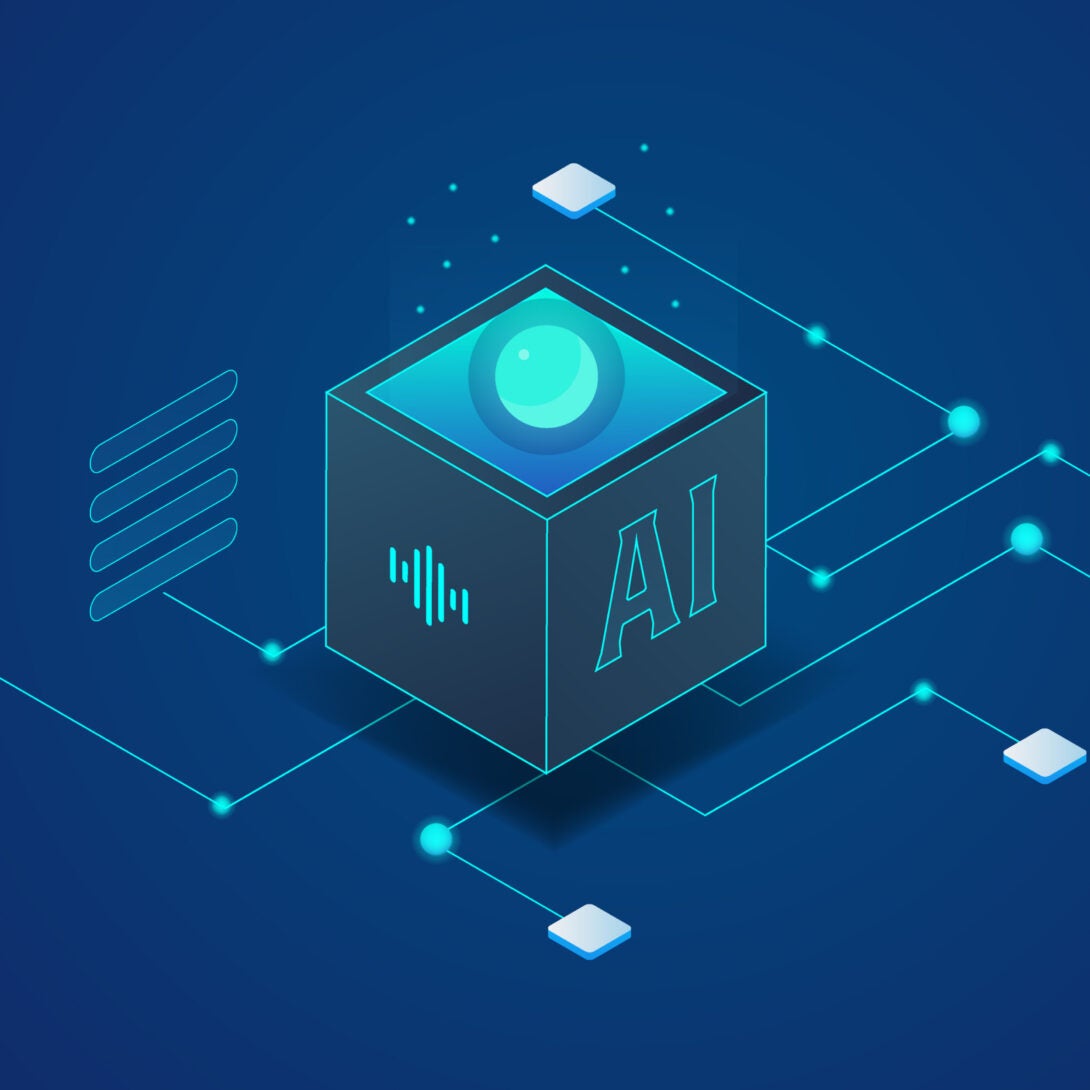Lower-cost AI tools could improve jobs by offering more employees access to the innovation.
- Companies like DeepSeek are developing low-cost AI that could help some employees get more done.
- There might still be dangers to employees if companies turn to bots for easy-to-automate jobs.
Cut-rate AI might be shaking up market giants, however it's not likely to take your task - a minimum of not yet.
Lower-cost approaches to establishing and training artificial intelligence tools, from upstarts like China's DeepSeek to heavyweights like OpenAI, forum.batman.gainedge.org will likely permit more individuals to acquire AI's efficiency superpowers, industry observers told Business Insider.
For lots of workers worried that robots will take their tasks, that's a welcome development. One frightening prospect has actually been that discount AI would make it easier for employers to swap in inexpensive bots for costly humans.
Obviously, that might still happen. Eventually, code.snapstream.com the technology will likely muscle aside some entry-level employees or those whose functions mostly consist of repeated jobs that are easy to automate.
Even greater up the food cycle, staff aren't always free from AI's reach. Salesforce CEO Marc Benioff stated this month the company may not hire any software application engineers in 2025 due to the fact that the firm is having a lot luck with AI representatives.
Yet, broadly, for lots of workers, lower-cost AI is most likely to broaden who can access it.
As it becomes less expensive, it's simpler to incorporate AI so that it becomes "a partner instead of a danger," Sarah Wittman, an assistant teacher of management at George Mason University's Costello College of Business, told BI.
When AI's rate falls, she stated, "there is more of a prevalent approval of, 'Oh, this is the method we can work.'" That's a departure from the frame of mind of AI being a costly add-on that companies might have a difficult time validating.

AI for all
Cheaper AI could benefit workers in locations of a company that often aren't viewed as direct profits generators, Arturo Devesa, drapia.org chief AI architect at the analytics and data company EXL, told BI.
"You were not going to get a copilot, maybe in marketing and HR, and now you do," he said.

Devesa stated the course shown by companies like DeepSeek in slashing the cost of establishing and carrying out big language designs changes the calculus for employers choosing where AI may settle.
That's because, for users.atw.hu a lot of big business, such determinations consider expense, accuracy, and speed. Now, with some expenses falling, the possibilities of where AI might appear in a workplace will mushroom, Devesa said.
It echoes the axiom that's unexpectedly all over in Silicon Valley: "As AI gets more effective and available, we will see its use skyrocket, turning it into a commodity we simply can't get enough of," Microsoft CEO Satya Nadella composed on X on Monday about the so-called Jevons paradox.
Devesa said that more efficient employees won't necessarily decrease need for people if employers can develop new markets and new sources of earnings.
Related stories

AI as a product
John Bates, CEO of software application company SER Group, told BI that AI is ending up being a commodity much quicker than anticipated.
That implies that for jobs where desk employees might require a backup or someone to double-check their work, affordable AI may be able to step in.
"It's great as the junior understanding worker, the important things that scales a human," he stated.
Bates, a former computer technology teacher at Cambridge University, stated that even if a company already planned to utilize AI, the minimized costs would boost return on financial investment.
He likewise said that lower-priced AI might offer small and medium-sized companies easier access to the innovation.
"It's simply going to open things up to more folks," Bates said.
Employers still require humans
Even with lower-cost AI, people will still have a place, said Yakov Filippenko, CEO and founder of Intch, which assists experts find part-time work.
He stated that as tech firms contend on price and drive down the expense of AI, lots of companies still won't aspire to eliminate employees from every loop.
For instance, Filippenko stated business will continue to require designers since someone has to verify that new code does what a company desires. He stated companies work with employers not simply to finish manual work; managers likewise want an employer's opinion on a prospect.
"They pay for trust," Filippenko stated, referring to employers.
Mike Conover, CEO and founder of Brightwave, a research study platform that utilizes AI, informed BI that a good portion of what people carry out in desk tasks, in specific, consists of tasks that could be automated.
He stated AI that's more commonly readily available due to the fact that of falling costs will permit human beings' imaginative capabilities to be "released up by orders of magnitude in terms of the elegance of the issues we can fix."
Conover thinks that as costs fall, AI intelligence will likewise spread to far more areas. He said it's akin to how, years earlier, the only motor utahsyardsale.com in an automobile may have been under the hood. Later, as electric motors diminished, they showed up in locations like rear-view mirrors.
"And now it's in your toothbrush," Conover said.
Similarly, Conover stated omnipresent AI will let professionals produce systems that they can tailor to the needs of tasks and workflows. That will let AI bots manage much of the dirty work and allow employees happy to try out AI to take on more impactful work and perhaps shift what they have the ability to concentrate on.








